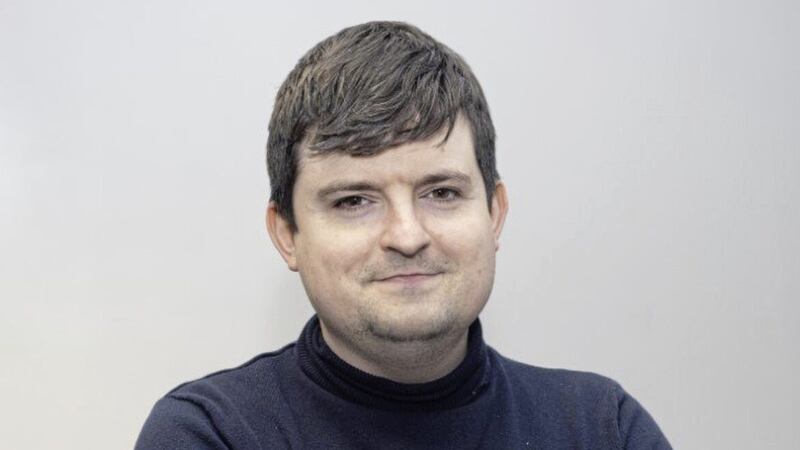If only we had one party, one movement, one leader to just set the course for Irish unification. Like a Helmut Kohl-style figure who could simply march unification forces to victory and through sheer force of will make this idea a reality.
This selective view of German unification is one that Irish nationalism needs to guard against and resist thinking that it could ever be a winning strategy.
We all will have watched the SNP leadership contest over the past number of weeks. If you are a Scottish nationalist, you must have been watching with despair as the main party of independence turned inwards. Too busy fighting amongst themselves and worrying about how to get themselves out of the referendum cul de sac they have marched down, the party has taken their eyes off the independence ball.
The result? Support for independence in many polls is now faltering, with some registering backing in the high 30 per cent range and others seeing it fall down to the low 40s.
This is a world away from just a few months earlier, where support for independence was consistently registering in the high 40 per cent to the low 50 per cent range.
What has happened in Scotland highlights the fundamental weakness in the independence movement but can serve as an iceberg warning for Irish nationalism – and that is putting all your political capital into one party. Sure, there are also the Scottish Greens, but without question, the dynamic and direction is set by the Scottish National Party.
The simple fact is independence movements are broad. People want it for different reasons. Many Irish nationalists seek unity for socialist ambitions and for others it is about bringing the south’s economic success across the island.
There is no agreed vision amongst the New Ireland movement about just what the end product will look like in socio-economic terms and that’s ok. Diversity is not Irish nationalism’s weakness; it is a core strength.
Sure, there needs to be a plan on the fundamentals of what a New Ireland will look like, but the granular detail of areas such as economic direction are not matters to be decided by a constitutional position, rather they are to be determined by a general election.
To make these ideas stronger, we need parties of different stripes arguing for their respective positions in a genuine battle of ideas. In essence, we need competitive, multi-party, pro-New Ireland politics. The nationalist vote in the north was at its peak when Sinn Féin and the SDLP were neck and neck in public support.
For anyone who is thinking that we do not need competition within nationalism, just look across the North Channel to see the dangers of placing all your constitutional chips on one party and one leadership team getting it right.
Tying the fortunes of your movement to the popularity of one party is a recipe for disaster. When times are good, you look unassailable, but in such a cyclical business as politics, popularity never lasts forever. Voters tire of parties and leaders after any period of time and eventually seek out something new. That is the harsh lesson that is being learned in Scotland right now.
Other independence movements in places such as Quebec have also learned this lesson the hard way. The once-powerful Parti Quebecois, who brought the province to the brink of independence in 1995, are now a shell of their former selves and their demise has helped bring a once-vibrant sovereignty movement down with it. From coming within 1 per cent of winning the 1995 referendum, support for independence now trails by double digits in poll after poll.
The mistakes in Scotland and Quebec are ones that the New Ireland movement cannot afford to make. We need a situation where parties can compete with one another to help make themselves better and breathe life into the New Ireland debate.
There need to be viable and credible alternatives for the electorate so that voters from across a wide spectrum can buy into this project. There is no one value set that makes someone believe in a New Ireland. No one party could ever encompass all these values and nor should they seek to.
The notions of a broad movement akin to the Sinn Féin party of 1918 are misguided and ignore the role of other parties such as the IPP in representing a different flank of the pro-independence movement.
Unionism was not well served by having one party dominate for decades; it was weakened by what essentially became a tired and intellectually stagnant force leading the case for Northern Ireland remaining within the United Kingdom. The new parties that emerged in the 1970s helped challenge the old order and bring new people into political unionism.
On the New Ireland side, there needs to be a realisation that this is not Germany. There is no Helmut Kohl out there and nor should we be looking for one. Unification will only happen by a collection of people building a big tent with a growing voter base.
That can only happen through parties with different ideas making the case and making it well.
:: David McCann is deputy editor of the political website Slugger O'Toole








